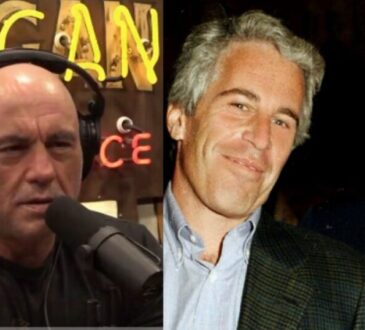Scientists reveal disturbing impact of Donald Trump’s last presidential election with shocking results of new study

A new study has revealed that Donald Trump’s most recent presidential election win had a troubling effect on the mental health of many young Americans. Researchers looked into how the buildup to the election, the constant news coverage, and the outcome itself impacted people’s emotional well-being, especially those in their late teens and twenties.
The study followed 778 participants from the early days of the COVID-19 pandemic through to early 2025. It found that the 2024 election cycle was especially exhausting. Young people didn’t just feel stress from the final result—they were emotionally worn out by the never-ending campaign, divisive media coverage, and long period of uncertainty leading up to the vote.
This particular election took place during a time of deep political conflict in the U.S. There were widespread concerns about the health of American democracy, possible violence around the election, and sharp divisions in public opinion. For younger adults—many of whom are still figuring out their place in the world, facing financial pressure, or living through other personal struggles—the stress became overwhelming.
The researchers looked at how different types of election-related stress affected people’s mental health. They focused on three main areas: stress in the lead-up to the vote, stress from the media, and emotional reactions to the election result.
They found that stress from constant exposure to political news—especially on social media—was strongly linked to higher chances of depression and anxiety. People who felt particularly upset during the election period were also more likely to show signs of moderate to severe mental health struggles.
Interestingly, the period right before the election—when people were anticipating the result—was tied to higher levels of depression, but not anxiety. And surprisingly, the outcome of the election itself didn’t seem to directly cause depression or anxiety. The researchers suggest that by the time the result came in, many young people might have already emotionally checked out, or felt like they saw it coming.
The study also found that some groups were more affected than others. People who identify as part of a gender or sexual minority, or who were under financial strain, had a higher chance of experiencing negative mental health effects. That may be because many key issues discussed during the campaign—like reproductive rights and LGBTQ+ protections—felt especially personal and threatening to these groups.
Even those who tried to stay out of politics found it hard to escape the constant news. The never-ending coverage made it difficult to avoid feelings of fear, hopelessness, or helplessness.
In the end, the study shows that the real psychological damage didn’t necessarily come from the election result itself, but from the long, stressful lead-up and the non-stop media attention. Mental health professionals are being urged to pay closer attention to how emotionally taxing election periods can be, especially for vulnerable groups.




